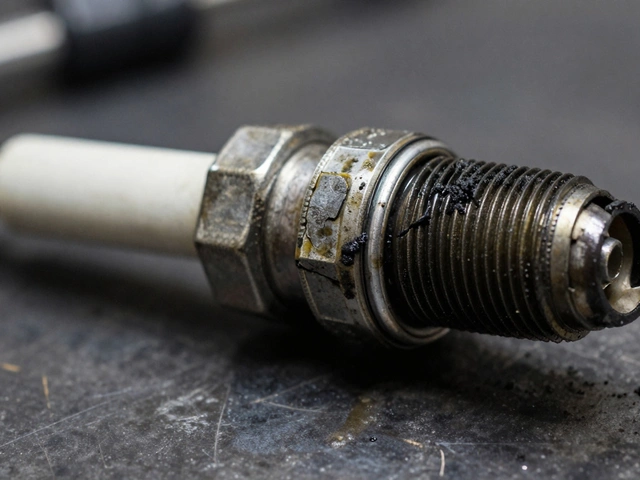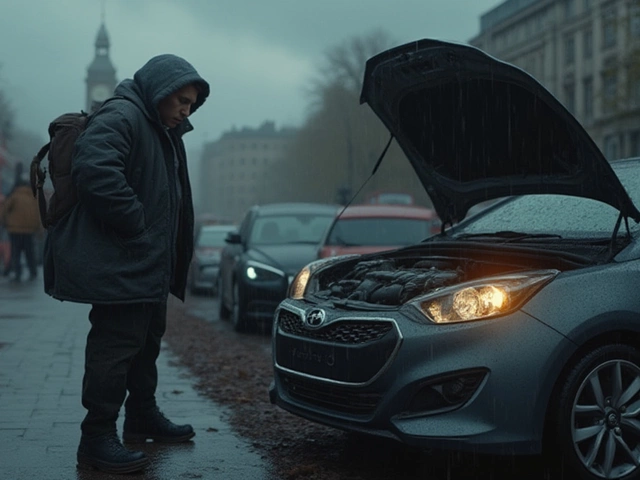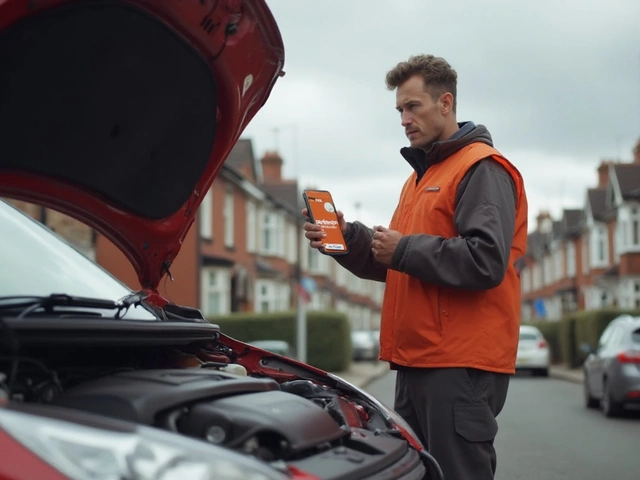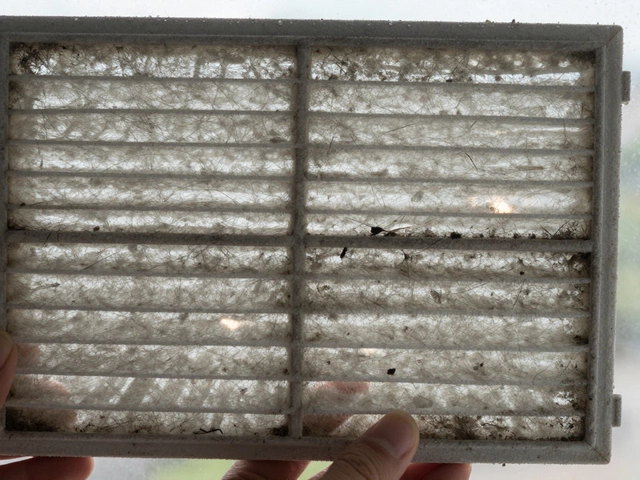Spotting signs of a bad clutch early on can save you from a big, unwanted bill. Imagine this: you’re happily cruising down the highway, and suddenly things just don't feel right. Your trusty car seems more sluggish, and gear changes are rough at best. That's your clutch sending an SOS.
Now, why do clutches decide to misbehave? Well, they take a beating every day. They're constantly engaging and disengaging, taking all sorts of pressures. Over time, this wear and tear is bound to catch up. And when it does, you'll start noticing symptoms. Let's talk about what these symptoms look like, so you can catch them before things get worse.
- Why a Clutch Malfunctions
- Slipping Clutch: Unraveling the Mystery
- Noises That Spell Trouble
- Burning Smells and What They Mean
- Prolonging Your Clutch Life
- When to Call in the Experts
Why a Clutch Malfunctions
So, why does a bad clutch happen if it was working perfectly fine a few months ago? Let's break it down. Your car's clutch is essentially a hardworking component. It lets you switch gears smoothly by disconnecting the engine from the wheels. But every hero has a breaking point, and the clutch is no different.
First off, driving habits play a huge role. Riding the clutch — where you keep your foot on the clutch pedal longer than necessary — can speed up wear. You might think holding that pedal down is harmless, but it puts extra strain on the clutch plate.
Material Wear and Tear
Clutch materials naturally degrade over time. The friction material on the disc wears down with use, just like brake pads. When this material wears too much, it won't grip as well, leading to a slipping clutch, which you'll definitely feel as you drive.
Damaged Components
It’s not just the friction material that can fail. Sometimes, other parts like the pressure plate, release bearing, or fork can be the culprits. For example, a weakened pressure plate won't apply enough force on the disc, and that's a recipe for a failing clutch.
Table of Common Wear Times
| Component | Estimated Lifespan (Miles) |
|---|---|
| Clutch Disc Material | 50,000 - 100,000 |
| Pressure Plate | 70,000 - 100,000 |
| Release Bearing | 80,000 - 120,000 |
Good news: How long a clutch lasts largely depends on your driving style and the conditions you drive in. Less city traffic means less wear and longer life!
So, what's the takeaway here? Keep an eye on your driving habits. Stay gentle with that clutch pedal, avoid unnecessary strain, and you'll keep your vehicle's clutch running smoothly for miles to come.
Slipping Clutch: Unraveling the Mystery
Ever felt like your car’s engine is revving higher than usual without the car actually speeding up? That's a classic sign of a slipping clutch. It usually means your clutch isn't fully engaging, which can lead to more serious problems if left unchecked.
Why Does a Clutch Slip?
A clutch can slip for a few reasons, with worn-out friction material being the most common. The friction material is like the brake pads of your clutch, and when it's gone, your clutch can’t grip properly. An oil leak in the clutch area can also coat the clutch disc, making it slip. Sometimes, it's just a matter of the clutch needing an adjustment.
How to Identify a Slipping Clutch
Check for a soft or spongy clutch pedal that needs to be pressed almost to the floor. If it feels loose or different than usual, that’s your first clue.
The next time you're on a hill, notice if your car struggles to climb like it normally does, despite the engine working overtime. This could mean power isn’t being effectively transferred to the wheels.
Watch for increases in RPMs without a corresponding increase in speed. It’s like the engine and the road aren’t on speaking terms.
When to Take Action
If you notice any of these signs, don't wait too long to get it checked. While it's tempting to ignore them, the longer you drive with a bad clutch, the more damage it can do—eventually affecting other parts of your transmission.
Interesting Fact
| Factor | Typical Lifespan (miles) |
|---|---|
| City Driving | 20,000 to 30,000 |
| Highway Driving | Between 60,000 to 100,000 |
As shown, the lifespan of a clutch can drastically vary based on driving conditions. So, if you mostly drive in the city with lots of starts and stops, keep a closer eye on your clutch’s health.
Noises That Spell Trouble
Oh, the noises! There’s nothing quite like driving and suddenly hearing disturbing sounds from under the hood. This is especially true if it’s the clutch causing those noises. Be on the lookout for these common sounds that could indicate a bad clutch:
Grinding Gears
We all have that friend who struggles to shift gears smoothly, right? Grinding noises during gear shifts often mean the clutch is not fully disengaging. This could wear down the gears quickly, leading to costly repairs or replacements.
Whirring or Chirping Sounds
If your vehicle sounds like it’s hosting a cricket concert, there might be issues with the clutch release bearing. This component helps when engaging or disengaging the clutch, and when it wears out, you get these unique noises.
Rattling When Idle
Hear a rattling when your car is idle? This might mean that the clutch springs or dowels are loose or worn out. While it might not seem like a big deal, leaving these minor issues unattended can develop into major clutch problems.
Silence is Not Always Golden
Now, you may also notice a lack of expected noise, like the absence of that typical clutch engage/disengage sound. This silence can be as troubling as hearing a noise. It often points to a complete clutch failure.
Always better safe than sorry—if any of these noises pop up, don't ignore them. They’re your car’s way of whispering that it’s high time for a checkout. Nip it in the bud by having your clutch issues inspected promptly.
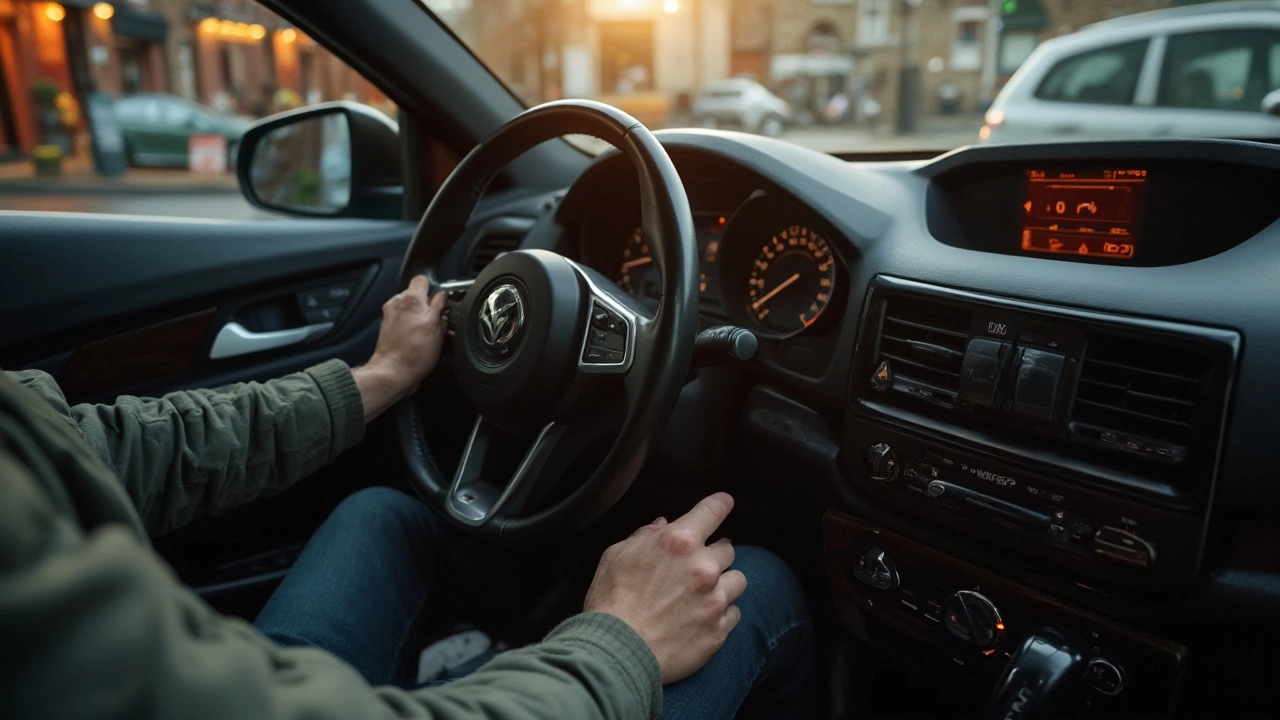
Burning Smells and What They Mean
Ever catch a whiff of something burning while you're driving? It could be your bad clutch crying for help. This burning smell is often an unmistakable sign that something's up. Basically, your clutch might be slipping, which means it's not engaging fully and causing friction where there shouldn't be any.
Common Causes of Burning Smells
Several factors can lead to that unpleasant aroma:
- Riding the Clutch: Keeping your foot on the clutch pedal for too long can lead to overheating.
- Excessive Load: Carrying heavy loads can stress the clutch, especially in vehicles not designed for that weight.
- Poor Driving Habits: Not fully engaging the clutch when shifting gears contributes to wear and heat build-up.
One way to assess the situation is to consider how and when you smell it. If it's after you've been in heavy traffic or while climbing hills, chances are the clutch is the culprit.
What to Do About It
If you notice this burning smell, don’t ignore it. Here’s how you can respond:
- Consider your driving habits and try to avoid riding the clutch.
- Make sure your vehicle isn't overloaded beyond its capacity.
- If the smell persists, schedule a check-up with a mechanic. They can diagnose if your clutch issues are severe or if a simple adjustment is all that's needed.
Remember, addressing these signs early can extend the life of your clutch and keep your vehicle running smoothly.
Prolonging Your Clutch Life
Keeping your clutch in good shape can save you a lot of headaches—and cash. Here’s the deal: with a little attention and a few tricks, you can make your clutch last longer.
Avoid Riding the Clutch
This is a biggie. Riding the clutch means keeping your foot on the pedal even when it’s not needed. It’s like asking your clutch to do a marathon’s worth of work every time you drive. So, only use the clutch when you’re shifting gears.
Don’t Let Your Car Idle in Gear
When you’re at a red light or waiting somewhere, pop your car into neutral. Keeping it in gear puts unnecessary strain on the clutch.
Proper Shifting Techniques
Shift smoothly, don’t rush it, and listen to your engine. The smoother the shift, the less your clutch wears down. Plus, you’ll look like a pro while doing it.
Regular Maintenance Checks
Get a mechanic to look at your clutch every now and then, especially if you notice something off. Regular checks can catch little problems before they get big—and expensive.
Do's and Don’ts
- Do allow your car to warm up before driving.
- Do use the handbrake on hills instead of relying on the clutch.
- Don’t overload your vehicle beyond its capacity.
- Don’t skip routine check-ups.
By following these tips and giving your clutch a bit of TLC (tender loving care), you’ll extend its life and enhance your driving experience.
When to Call in the Experts
There comes a point when DIY just won't cut it and it's time to bring in the big guns. If you've been noticing your car's clutch slipping even when you're not accelerating hard or there's this grinding noise that's more annoying than a dripping tap, it's definitely time. These are no level-one problems you can Google and fix on a lazy Saturday.
Grinding Gears and Shifting Troubles
If you're hearing grinding noises when you're changing gears, your clutch might not be fully disengaging. This could lead to transmission damage, which is another headache (and wallet-denter) altogether. No one needs that, right?
Unable to Shift Gears
There are times when shifting into a gear feels like wrestling an alligator. If you experience this regularly, it’s a red flag waving at you. Trouble changing gears can be due to a worn-out clutch disc or other more complex issues. At this point, a professional mechanic is your best friend.
Persistent Burning Smell
A burning smell coming from your car is never a good sign. If it smells like burned toast often, your clutch surface might be frying up. Consistent overheating can drastically reduce the lifespan of your clutch, so it's best to let a pro take a look.
Trust Their Expertise
Remember, if you’re in doubt, there's no harm in getting a second opinion from a professional mechanic. They're trained and equipped to diagnose and fix problems that you might not even know exist. Here’s a little fun fact to chew on: according to a 2023 survey, 60% of car owners who promptly consulted professionals when they first noticed vehicle issues spent 20% less on repairs over time.
So, if your ride isn’t performing up to snuff, dial up those experts. Tackling these issues head-on can save money and keeps you from being 'that guy' stuck on the side of the road, waiting for the tow truck.



